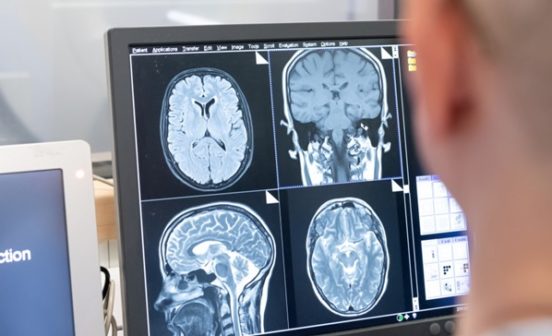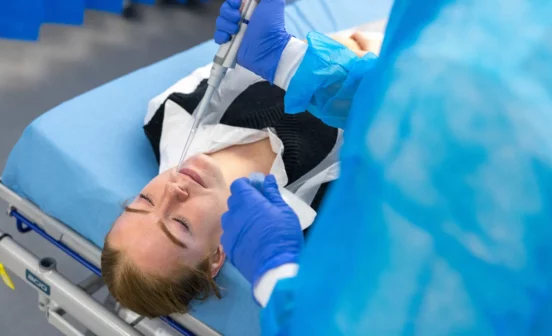Guideline Major study results shed light on new insights into lasting impacts of Covid on UK population

New analysis reveals tens of thousands of people in England may have lasting symptoms from Covid-19 more than a year after infection.
The findings come from a sample of more than a quarter of a million people in England surveyed as part of the REACT study, who self‐reported their symptoms and the impact of COVID-19 on their health and quality of life. Between 2020 and 2022, 59 per cent reported testing positive for Covid-19.
This work was funded by the NIHR and UK Research and Innovation (UKRI) in support of the REACT‐GE (Genomics England) and REACT‐LC (Long Covid) studies, with additional support from the Huo Foundation. The REal‐time Assessment of Community Transmission (REACT) research programme was commissioned and funded by the Department of Health and Social Care in England and led by Imperial College London with logistic support from Ipsos, and infrastructure support from the NIHR Imperial BRC.
The work, led by researchers at Imperial College London, finds that while the majority of people recovered from infection within two weeks, 7.5 per cent reported persistent symptoms lasting 12 weeks or more and 5 per cent reported symptoms lasting more than a year.
The most common lasting symptoms were mild fatigue, difficulty thinking or concentrating and joint pains. Loss or change of sense of smell or taste, shortness of breath, severe fatigue, chest tightness or pain, and poor memory were also reported.
People were more likely to report symptoms for a long time after initial infection if they were female, had severe initial symptoms, were infected earlier in the pandemic, or had pre‐existing health conditions. According to the researchers, the analysis also shows that people infected in the Omicron wave of the pandemic were 88 per cent less likely to experience symptoms longer than four weeks post‐infection, compared to earlier waves.
Some of these symptoms were also quite often reported by people who did not have a history of Covid-19 infection. However, mental health and health‐related quality of life were worse among participants with ongoing persistent symptoms after Covid-19 compared with those who had never had Covid-19 or who had recovered.
According to the researchers, the analysis provides a snapshot of the continued impact of Covid‐19 in the UK. They highlight that while SARS‐CoV‐2 infections are typically short duration, a significant proportion of adults will continue to experience persistent illness that in some cases may last for over a year or more. But they highlight that most people fully recover, even after a prolonged period.
Professor Paul Elliott, chair in epidemiology and public health medicine from the School of Public Health at Imperial College London and honorary consultant in public health at Imperial College Healthcare NHS Trust, said: “Our latest findings from the REACT study offer further insights into the underlying factors which are associated with prolonged symptoms after initial Covid‐ 19. We find that the variant of SARS‐CoV‐2 people are infected with, the initial severity of their symptoms, and whether they have pre‐existing health conditions all have an impact on whether they will develop lasting symptoms.”
Dr Christina Atchison, Principal Clinical Academic Fellow within the School of Public Health and first author of the study said: “While the landscape has changed considerably since the early peak of the COVID‐19 pandemic, this analysis shows that a proportion of adults are still experiencing lasting symptoms. Importantly, we find that compared to wild type virus, those infected when Omicron was dominant were far less likely to report symptoms lasting beyond 12 weeks. This may reflect the changing levels of immunity in the population from previous exposure to the virus and vaccination.”
Professor Helen Ward, from the School of Public Health at Imperial College London and the Lead for NIHR Imperial BRC Theme Social, Genetic & Environmental Determinants of Health, said: “The study has shown some big variation in people’s symptoms post‐Covid. While we have gained valuable insights into the groups at risk of lasting symptoms, we are undertaking detailed interviews to further understand the variation in people’s experiences and the impact on their everyday lives. We are also planning further follow‐up of people involved in the REACT studies to assess the broader longer‐term impact of the pandemic on health and well‐being.”





